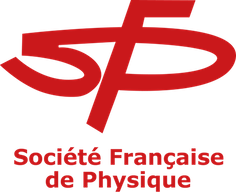Orateur
Description
The development of new facilities at CERN to study the properties of antimatter has revived the interest for the physics of interactions between matter and antimatter. These systems can constitute an efficient tool to determine the properties of antimatter but can also be used to improve our knowledge of matter, which is the main motivation for the antiproton Unstable Matter Annihilation (PUMA) project. This experimental project aims to study neutron skin densities of short-lived isotopes using low-energy antiprotons as a probe. To understand how the nuclear skin densities can be related to the measured antiproton-nucleon annihilations, an accurate description of the antiproton-nucleus interaction is required. The main goal of this thesis is the development of a microscopic ab initio approach to study the simplest cases of antiproton-nucleus annihilation. For this purpose, the low-energy antiproton-nucleus scattering is studied by solving the Faddeev-Yakubovsky equations. The nucleon-antinucleon annihilation is a very complex process involving many meson-producing channels. While it is usually treated using optical potentials, the calculations of the present work are carried out considering a coupled channel formalism. This alternative approach will allows us to check the model-dependance of the calculated observables on the input relative to nucleon-antinucleon interaction and will contribute to the evaluation of the theoretical uncertainties.
